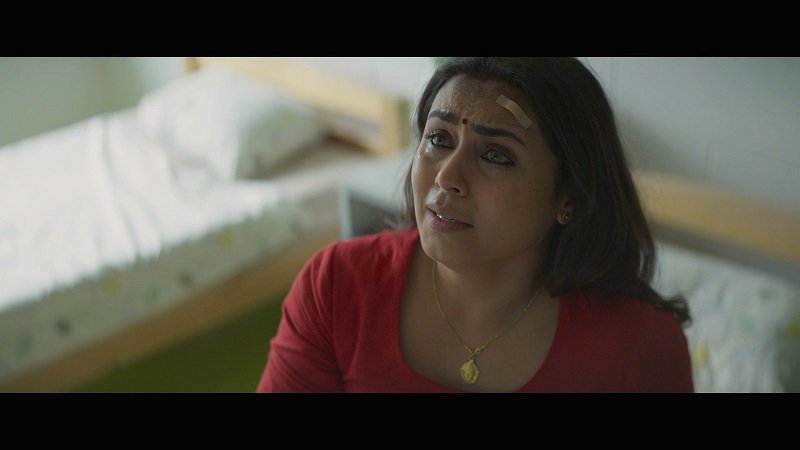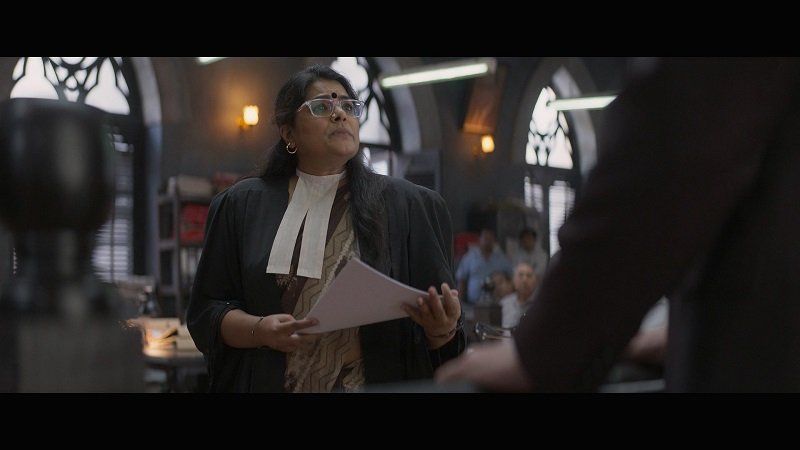Mrs Chatterjee vs Norway Story:-
“Mrs. Chatterjee Vs Norway” delves into the gripping narrative inspired by the real-life struggles of Sagarika Chakraborty, an Indian woman who fought against the Norwegian government to regain custody of her children. Directed by Ashima Chibber, the film offers a poignant portrayal of Debika Chatterjee, played by Rani Mukerji, as she confronts the challenges of cultural assimilation and motherhood in a foreign land.
Movie Ratings
| Release Date | 17 March 2023 |
| Language | Hindi |
| Genre | Drama |
| Cast | Rani Mukerji, Anirban Bhattacharya, Kristjan Üksküla, Erki Laur, Carol Tamm |
| Director | Ashima Chibber |
| Writer | Rahul Handa, Sameer Satija |
| Music | Sagar Desai |
| Producer | Monisha Advani, Madhu Bhojwani, Nikkhil Advani |
| Production | Emmay Entertainment |
| Certificate | 16+ |
At the heart of the film lies Debika’s unwavering determination to preserve her cultural identity while navigating the complex legal system of Norway. As a young Bengali housewife, Debika finds herself at odds with the Norwegian childcare services when her children are taken away and placed in foster care. Her refusal to conform to Norwegian norms and her steadfast adherence to her Indian heritage become central themes, highlighting the clash between tradition and assimilation.
Rani Mukerji delivers a compelling performance as Debika, portraying the character with depth and nuance. Mukerji effectively conveys Debika’s anguish and resilience, capturing the desperation of a mother fighting against injustice. Despite facing accusations of unfit parenting, Debika remains steadfast in her conviction to reclaim her children, showcasing the strength and resilience of maternal love.
Throughout the film, Debika’s struggle serves as a poignant commentary on the complexities of motherhood in a foreign land. As she navigates the legal hurdles and bureaucratic red tape, Debika grapples with questions of identity and belonging. Her journey reflects the experiences of many immigrant women who find themselves caught between two worlds, torn between preserving their cultural heritage and assimilating into a new society.
One of the film’s most compelling aspects is its exploration of cultural identity and the challenges faced by immigrant families. Debika’s refusal to abandon her Indian roots, despite pressure to assimilate, highlights the importance of cultural pride and heritage. The film sheds light on the prejudices and stereotypes faced by immigrant communities, particularly regarding parenting practices and norms.
Jim Sarbh delivers standout moments as Daniel, a lawyer of Indian origin who assists Debika in her legal battle. Sarbh’s restrained portrayal adds depth to the film, challenging stereotypes and raising thought-provoking questions about parenthood and cultural bias. Through Daniel’s character, the film explores the complexities of identity and belonging, offering a nuanced perspective on the immigrant experience.
While “Mrs. Chatterjee Vs Norway” tackles important issues surrounding immigration, cultural identity, and parental rights, it occasionally falls short in its execution. The narrative feels rushed at times, with certain characters and plot points lacking depth and development. Additionally, the film’s reliance on melodrama and populist storytelling detracts from its overall impact, diluting the authenticity of its message.
In conclusion, “Mrs. Chatterjee Vs Norway” offers a compelling exploration of cultural identity and motherhood in a foreign land. Through Debika’s journey, the film sheds light on the challenges faced by immigrant families and the resilience of maternal love. Despite its shortcomings, the film serves as a poignant reminder of the importance of cultural pride and the universal bond of motherhood.






